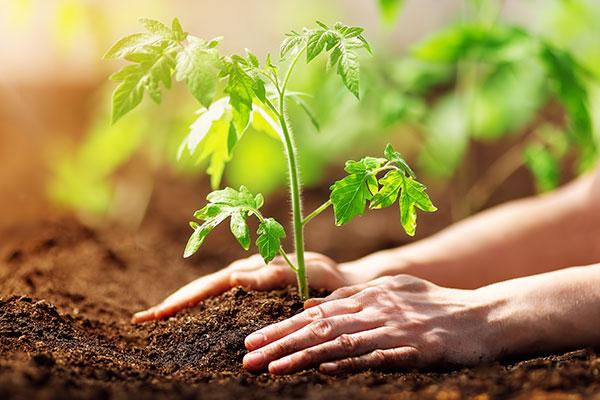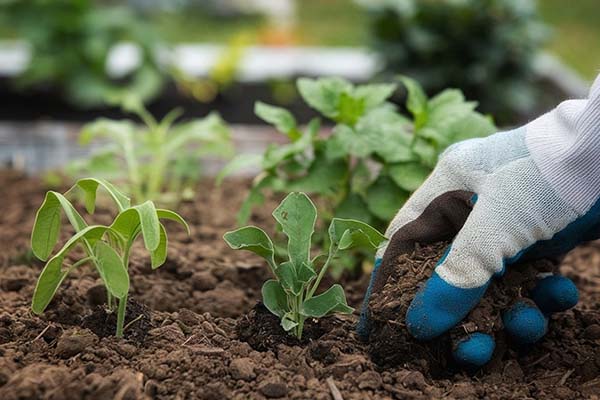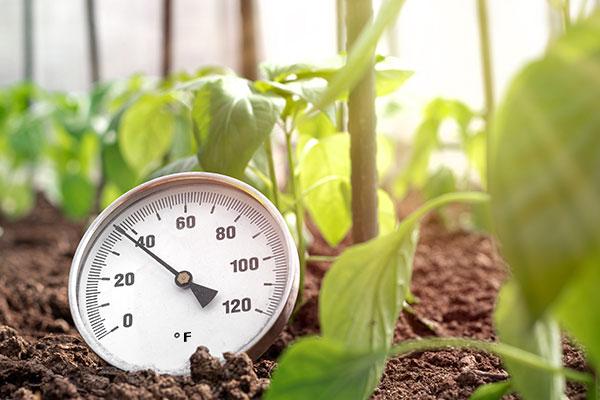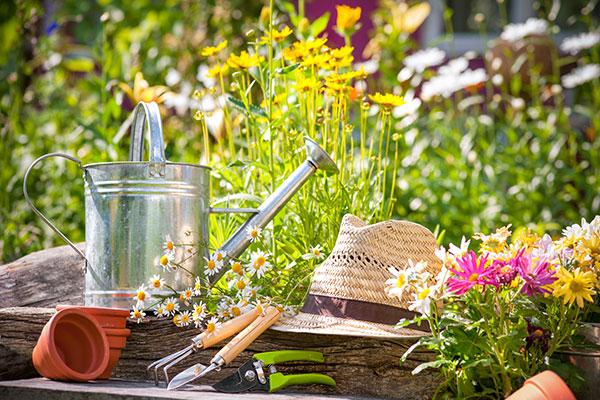Kathy Gallannis Provides Tips for Growing Your Plants and Flowers
Start Growing a Beautiful Garden Today
There are few things more satisfying than creating a garden full of beautiful flowers and other types of plants. However, this can be easier said than done for gardeners in Illinois. Due to weather that can change rapidly and temperatures that can fluctuate wildly, people in the Chicagoland area can sometimes struggle to maintain their gardens. Here are some tips on how to take care of your garden throughout the year:

Choose the right plants for the soil
Different types of soil can support different flowers or other plants. You will want to make sure flowers or other plants will be able to grow and thrive in the space you have marked out. Some plants may fare better in sandy soil with high levels of moisture, while others may thrive in dry soil or heavy clay. If necessary, you may be able to put new soil in your garden that will provide the best environment for the flowers and plants you want to grow.

Consider sun and shade
Look at how much sun your garden will get, whether houses or other structures may create shade, and how exposure to sunlight may change throughout the year. This can help you choose flowers or plants that will grow correctly based on the expected levels of sunlight exposure.

Plan for temperature changes
Climate, weather, and temperature can have a huge effect on how plants and flowers grow. The extreme temperatures that affect gardens in the Chicago area may limit the types of plants you will be able to grow. Planting annuals in the springtime can give your garden color and life during the warmer months, and certain types of perennials may continue to grow throughout the year. Researching the types of plants that will grow and thrive in the Illinois climate will make sure your garden will continue looking beautiful year-round.

Maintain your garden
By spending time tending to the plants in your garden, you can make sure they will be able to thrive. Make sure to weed your garden regularly to avoid overcrowding that could affect flowers or other plants. Water and fertilize your garden regularly to make sure plants have the nutrients needed to grow successfully.

